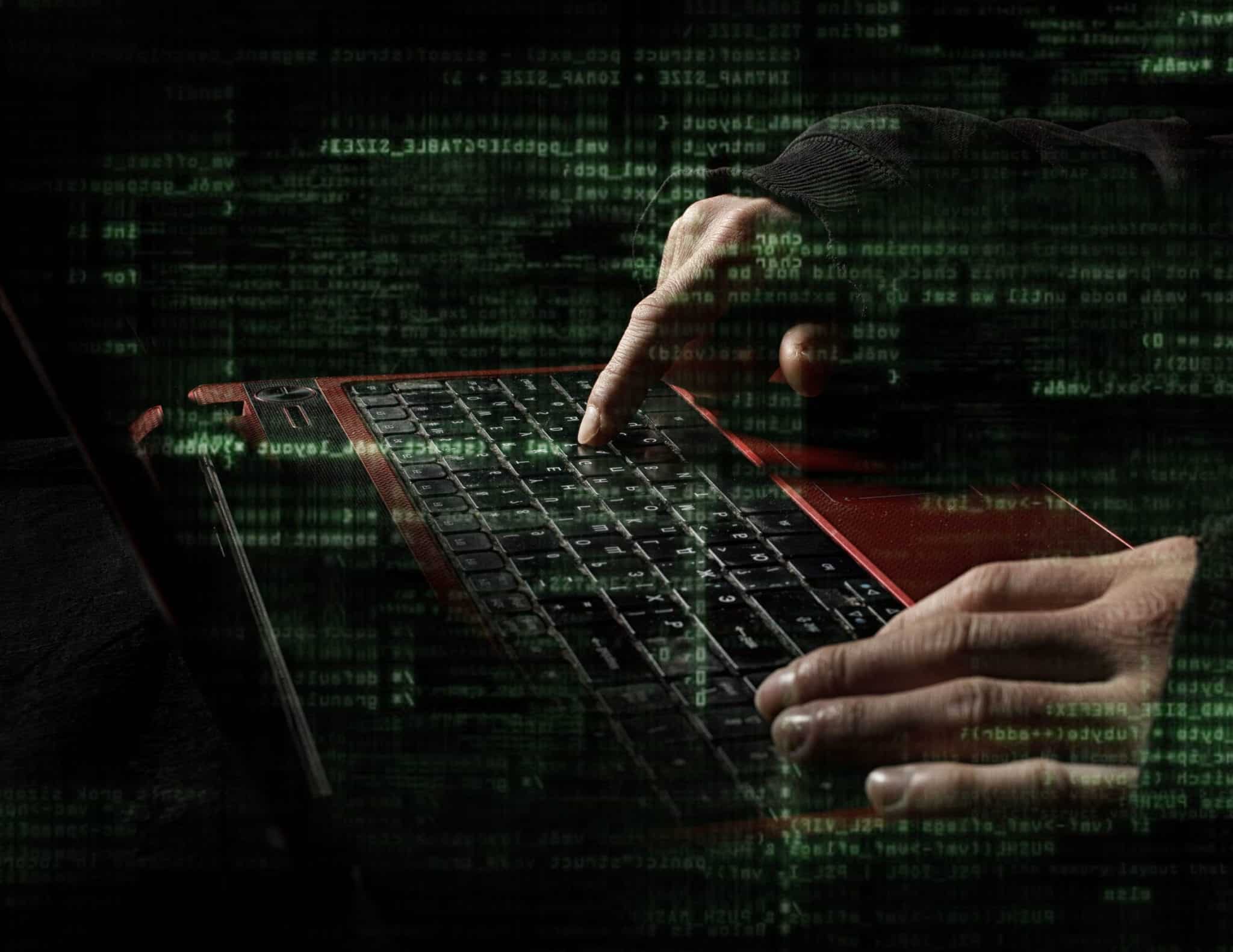
A 35-year-old Richmond, California man was recently found guilty of damaging a protected computer and computer intrusion into newspaper sites following a six-day federal trial. He no faces up to 23 years in federal prison for his actions.
What exactly happened?
In 2015, the man hacked into an email account for Embarcadero Media, an operating company of several California newspapers, including the Almanac in Menlo Park, the Mountain View Voice, the Palo Alto Weekly, and the Pleasanton Weekly.
The man altered the operating company’s online identity, changed emails, and disrupted publication of the four newspapers.
For nearly 24 hours, the newspaper websites featured an image of Guy Fawkes, a political activist from England in the 1600s. Fawkes was sentenced to death for treason, and his image has come to represent the hacker movement Anonymous.
Embarcadero Media reportedly had $32,000 in damages due to the man’s actions, and for that he could end up in federal prison for more than two decades.
Sounds steep? It’s certainly severe, but it is in line with the federal computer crime laws. What are they?
Computer Hacking Laws in America
The Computer Fraud and Abuse Act (CFAA) was enacted in 1986. It punishes any access to a computer or protected network without consent. Those acts are federal crimes with steep fines and significant prison terms.
For example, in 2010 one man unlawfully broke into the network for the Massachusetts Institute of Technology. He downloaded four million articles from academic journals.
Though many of those articles were already in the public domain and the man had a paid subscription to the archive, under stipulations of federal law he was arrested on several counts of fraud.
He could have faced up to 50 years in federal prison and would have been required to pay $1 million in fines. However, the man recently committed suicide.
Many people feel that the punishments under the federal code aren’t applropriate in the 21st century, when myriad web servers are technically “protected computers” and “unauthorized access” is loosely defined.
Some examples of common breaches to the CFAA include:
- Accessing social media accounts on a work computer
- Using someone else’s account info to watch movies on your own device
- Reading paid articles for free by manipulating the URLs
A sentence of 50 years in federal prison with a $1 million fine is commensurate with punishments for serious burglary, drug trafficking, grand theft larceny, and manslaughter. Some feel that a white collar crime like computer hacking doesn’t deserve the same level of punishment.
When the CFAA was written in the 1980s, the internet was far less sophisticated than it is now. Legal experts argue that it’s time to update the code to make punishments proportional to the crimes and redefine authorization for the 21st century.
How a Computer Crimes Attorney Can Help

If you are facing computer crime charges, it’s essential for you to contact a skilled Texas criminal attorney as soon as charges are filed against you.
You need someone who knows the laws well and how they apply to your case. Remember, just because you are accused does not mean you are guilty. An experienced federal cybercrimes attorney will be able to form a solid defense against your charges. Call today for your free case review.



